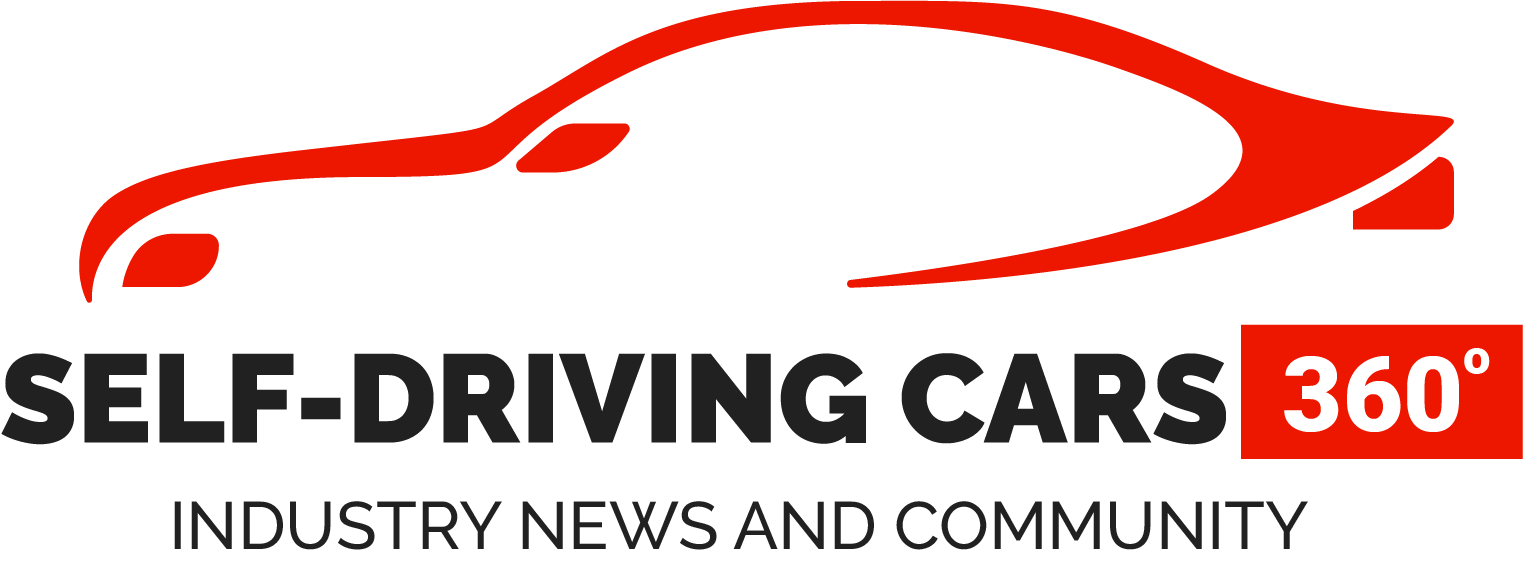MIT’s Task Force on the Work of the Future — an “institute-wide” study analyzing the evolution of jobs amid an “age of innovation” — claims fully autonomous systems will take at least a decade to deploy across large areas, and will progress region-by-region via specific transportation categories, according to a brief published today.
Autonomous cars 10 years away, say MIT experts
Fully driverless — or autonomous — vehicles are still a decade away, according to an MIT Task Force analyzing the evolution of autonomous cars. Moreover, they say expansion of driverless capabilities will happen on a regional basis according to specific transportation categories — which will lead to varying availability depending on where one lives in the country, reports Venture Beat.
Coauthors Erik Stayton (an MIT doctoral candidate) and John Leonard (an MIT professor of ocean and mechanical engineering) said costs will slow the wider process of adoption. Truly autonomous vehicles need complex computers and sensors — which have lower production volume than even the most advanced driver assistance systems (ADAS).
Teleoperation — wherein humans monitor autonomous vehicles for safety — is likely to cost a “non-negotiable” amount, because of raised concerns from business models. For example, one case study suggests robo-taxis will struggle to stay cost-competitive with personal vehicle ownership in San Francisco — because of expenditures on licensing, remote operators, maintenance, insurance, and other systems.
Autonomous vehicle costs soar amid coronavirus crisis
Amazon recently acquired Zoox for billions of dollars — which came on the heels of a $500 million investment in Didi Chuxing’s self-driving unit, in addition to a $750 million extension of Waymo’s first external round — at $3 billion. Together, these moves support the idea that autonomous vehicle development is still too expensive and unprofitable for widespread adoption.
For example, Waymo reportedly gave only hundreds of thousands of dollars per year’s revenue for a pandemic-led halt of operations — with the company’s annual cost estimated at roughly $1 billion. This means the race to get new technology out has taken a backseat to concerns about the pandemic’s effect on the economy.
Renown ventures with solid finances like Kodiak Robotics, Cruise, and Ike have collectively laid off hundreds of employees — with others presently in talks regarding possible buyouts.
Smaller autonomous markets also strained
Even vehicles with more modest rollout functionality like those of EasyMile, Optimus Ride, and May Mobility’s geofenced shuttles, have had a difficult time moving forward. Two years ago, the Department of Transportation released a report about the driverless shuttle sector, focusing on procurement issues, the limited vehicle autonomy, and the regulatory irregularities shuttle startups haven’t yet addressed.
“The market is small, and many companies in this space have little experience designing and validating systems and producing vehicles, compared to traditional automakers,” wrote the report’s authors. “Low-speed automated shuttles may not be suitable for all environments and services.”
There’s much more about disparate industries — like trucking, bus-based public transit systems, and more — in the brief. Suffice to say that despite the optimism of industry leaders like Tesla in the face of the coronavirus crisis, we have a long way to go before autonomous vehicles become a fact of life as common as present-day cars.
Source: interestingengineering.com




GIPHY App Key not set. Please check settings